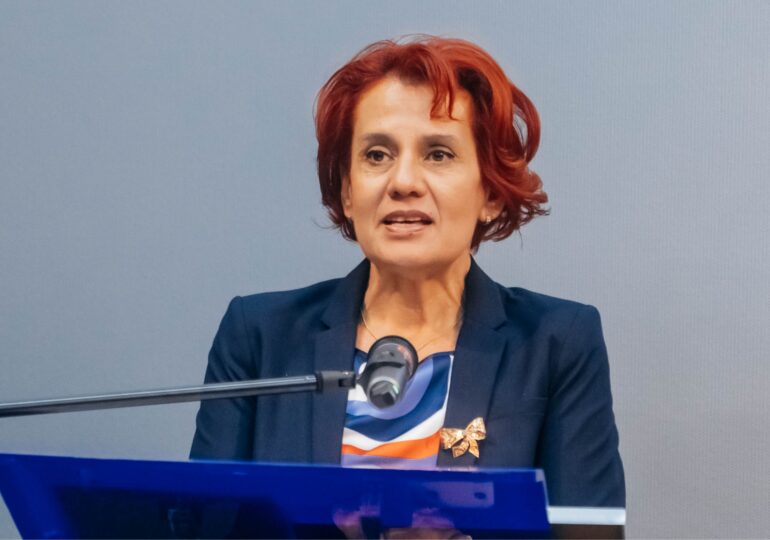The starting line of the presidential race shows an offer no better than last year’s and does not solve any of what caused the „georgist” wave of anger.
On the contrary, I would say it deepens us into illusion and hypocrisy. The illusion of the independent and the hypocrisy of the anti-system, which dominate the list for May 4th.
The Illusion of the Independent
The independent is a type of candidate that, I reaffirm what I said last year, I will never vote for, because it is nonsense and political deception, regardless of the name it is packaged in.
A president "sold" to the electorate as independent is either useless or deceitful. Why?
In our political system, a semi-presidential republic with limited presidential powers, the president can do a lot of harm on their own, especially in foreign policy or by all sorts of sticks thrown into fences and spokes.
But they can only do well if they have the essential leverage of a strong parliamentary party to endorse them, to support them, and which, in a functional coalition at least, can implement their projects.
I have repeatedly elaborated on the president's duties and the analysis shows that the number of exclusive ones is very small. Furthermore, not even the heads of services are appointed by them, but rather proposed to Parliament, where the majority either accepts or rejects them.
So a president without a party is extremely easy to outmaneuver and, inevitably, the majority they are independent of will put them in the window at Cotroceni to mediate between cats and magpies. The fact that this has not happened so far is the consequence of the fact that we have not had an independent at Cotroceni until now.
The closest to this status was Emil Constantinescu, with the effect of being limited to one term, which was politically tortured.
Of course, once elected as an independent, the president can capture a party, as I have no doubt that, for example, "independent" Victor Ponta would do with the PSD. In this case, independence is just a lie to deceive the naive.
The Hypocrisy of the Anti-System
It has become a trend of this electoral season not only to declare yourself an independent candidate but also anti-system. Almost all candidates tick at least one of the two boxes. Most flirt with both, just to enrich the feast of lies.
To understand what anti-system means, we should first clarify what the system is.
In short, the system is the entire functioning of the state. From political parties to all institutions. From the president to the mayor, from school and hospital to intelligence services and justice, all are parts of the system. The state itself is a huge system.
Anti-system means anarchy, chaos.
When you run to become the president of Romania, you run to reach the top of the system. How can you claim you are against it? It's nonsense.
What you can propose, which is desirable and necessary, is the reform of the system. But reform requires a clear project, within the clear presidential competencies, ideally reinforced with a political party project.
And a viable reform project means clarity, means embracing limits, means telling the truth about what you can and want, means knowing how what you want to reform works and what are the key points to intervene without tearing down what works.
Have you seen such a plan? They either speak banalities, promise what they cannot do, or don't even know what's going on with the state institutions and believe, for example, that the president is part of the CSM where they can work miracles against corruption.
Ideology is not important in Romanian politics, inherently opportunistic. Candidates are what's in demand, not only independent and anti-system, but also conservatives.
A former social democratic party president, a former liberal party president, and a former and current progressive party president are all conservatives. No one is a social democrat anymore, although everyone promises pensions and allowances, liberalism bears heavy crosses around its neck.
The most ridiculous are the sovereigntists, direct descendants of Decebal, who bow down to the Sublime Porte at the White House even more than the Phanariote lords bowed in Istanbul.
But, it is true, politics is like a market. What is offered is what is demanded. The profiling of candidates is pragmatically related to the electorate's expectations.
And, unfortunately, the electorate adores illusions, demands to be lied to and manipulated in order to experience paroxysmal attachments and, in a huge number, has no idea what the president's duties are, so what they can realistically expect from them. They expect what they imagine the president can do, starting from what they wish they could do. Then they cry that 10 years have passed in vain.

